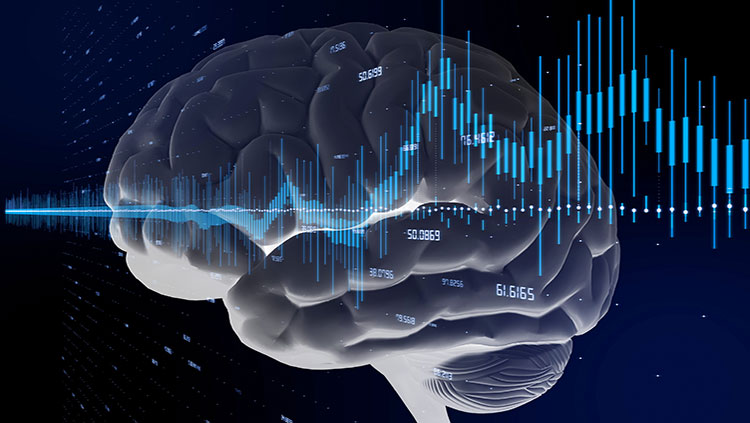What We Know — and Don’t Know — About Aging
- Published1 Apr 2012
- Reviewed1 Apr 2012
- Source BrainFacts/SfN
Our best insights into how the normal brain ages come from long-term studies of the nervous system that began decades ago.
Our best insights into how the normal brain ages come from long-term studies of the nervous system that began decades ago. These are just now bearing results. Coupled with these long-term studies, modern technological advances now make it possible to explore the structure and function of the living brain in more depth than ever before and to ask questions about what actually happens in its aging cells.
We now know that the brain reaches its maximum weight near age 20, and subtle changes in the brain’s chemistry and structure begin at midlife for most people. During a lifetime, the brain is at risk for losing some of its neurons, but normal aging does not result in widespread neuron loss. This distinguishes normal aging from the neurodegenerative changes that occurs as part of the disease process in Alzheimer’s or Parkinson’s disease or after a stroke.
Brain tissue can respond to damage or loss of neurons in several ways. The remaining healthy neurons are able to expand their dendrites and fine-tune their connections with other neurons. If the cell body of the neuron remains intact, a damaged brain neuron can readjust by inducing changes in its axon and dendrites.
Unlike damaged skin or liver, however, a damaged brain cannot respond with a robust generation of new neurons. Relatively small stem cell populations remain in a healthy adult brain, but our current knowledge suggests that they contribute to only a few of the many different types of neurons found, and these neuron types are found in only a few regions of the normal brain. Compounding the problem is the fact that the number of even these stem cells declines as part of the aging process.
CONTENT PROVIDED BY
BrainFacts/SfN
Also In Aging
Trending
Popular articles on BrainFacts.org






.jpg)










